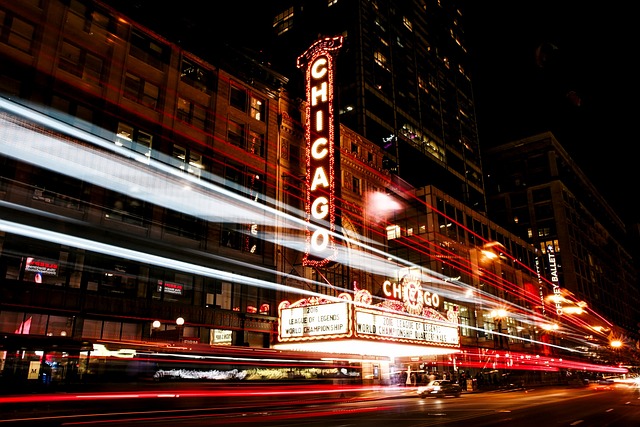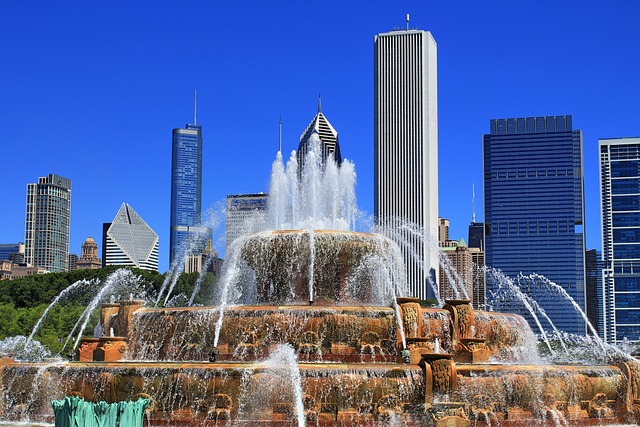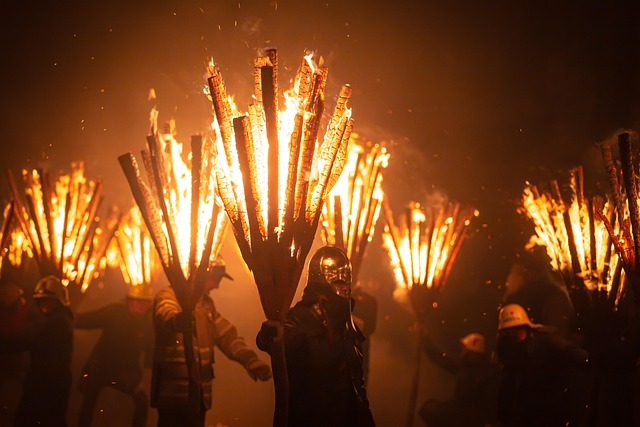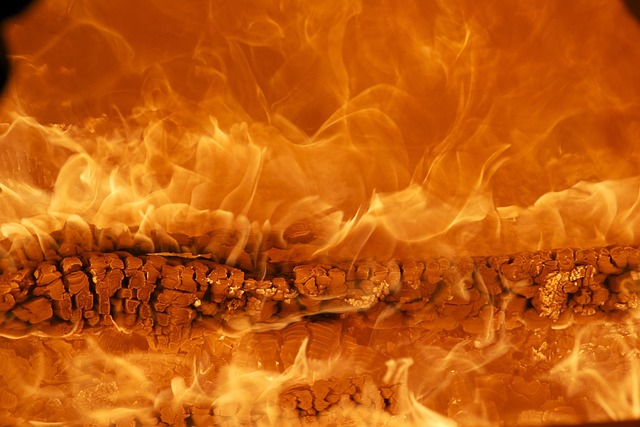Fire-damaged property auctions in Illinois, especially in Chicago, are key market players offering buyers unique opportunities and sellers broad exposure. With competitive Chicago real estate, many owners opt to sell rather than repair. These auctions highlight the city's diverse neighborhoods and rich history, attracting investors and enthusiasts. Selling fire-damaged properties in Chicago requires specialized handling, including legal assessments, insurance negotiations, and transparent disclosures, following Illinois' regulated sale process with specific guidelines for fairness. Keywords: selling fire damaged property Chicago.
“Discover the intriguing world of fire-damaged property auctions in Illinois, particularly focusing on Chicago. This comprehensive guide breaks down the intricate process and legal aspects surrounding the sale of these unique assets. From understanding the market dynamics to navigating the regulatory framework, this article equips you with insights crucial for investors eyeing selling fire damaged property in Chicago. Uncover the steps involved, potential challenges, and strategies to maximize returns in this specialized sector.”
- Understanding Fire-Damaged Property Auctions in Illinois: A Comprehensive Guide
- The Process and Legal Aspects of Selling Fire Damaged Property in Chicago
Understanding Fire-Damaged Property Auctions in Illinois: A Comprehensive Guide

Fire-damaged property auctions in Illinois are a significant part of the real estate market, particularly in Chicago, where properties affected by fires are frequently sold through auction processes. Understanding this process is crucial for both potential buyers and sellers. When a property sustains fire damage, the owner often faces the difficult decision to either repair or sell. In Chicago, selling fire-damaged property has become a popular choice, especially due to the competitive real estate landscape and the city’s vibrant rebuilding efforts.
These auctions provide an opportunity for buyers to secure unique properties at potentially lower prices. The process involves assessing the damage, obtaining necessary repairs or renovations, and preparing the property for sale. Sellers can benefit from this method by reaching a wider audience of interested buyers who appreciate the potential for restoration and renovation. In Chicago, with its diverse neighborhoods and rich history, fire-damaged properties often hold charm and value, making these auctions an exciting prospect for real estate enthusiasts and investors alike.
The Process and Legal Aspects of Selling Fire Damaged Property in Chicago

Selling fire-damaged property in Chicago involves a unique process, especially with the legal considerations that come into play. After a fire, the first step is to assess the damage and determine if the property can be repaired or if it needs to be demolished. Homeowners must then file an insurance claim, which can involve extensive negotiations over the coverage and settlement amounts. Once a decision is made, whether to repair or demolish, the legal process begins.
In Chicago, selling fire-damaged property typically requires a special type of auction or listing that discloses the history and extent of the damage. This transparency is crucial for buyers who may want to inspect the property beforehand. Legal documentation must be updated to reflect the new state of the property, and any necessary permits for demolition or renovation must be obtained from local authorities. The sale process itself is closely regulated to ensure fairness and compliance with Illinois’s specific guidelines for selling fire-damaged real estate.
Fire-damaged property auctions in Illinois, particularly in Chicago, offer a unique opportunity for both investors and buyers looking to acquire real estate at competitive prices. Understanding the process and legal aspects involved is crucial for navigating these sales successfully. By familiarizing themselves with the comprehensive guide provided, prospective buyers can confidently participate in selling fire-damaged property in Chicago, ensuring a smooth transition for all parties involved.






